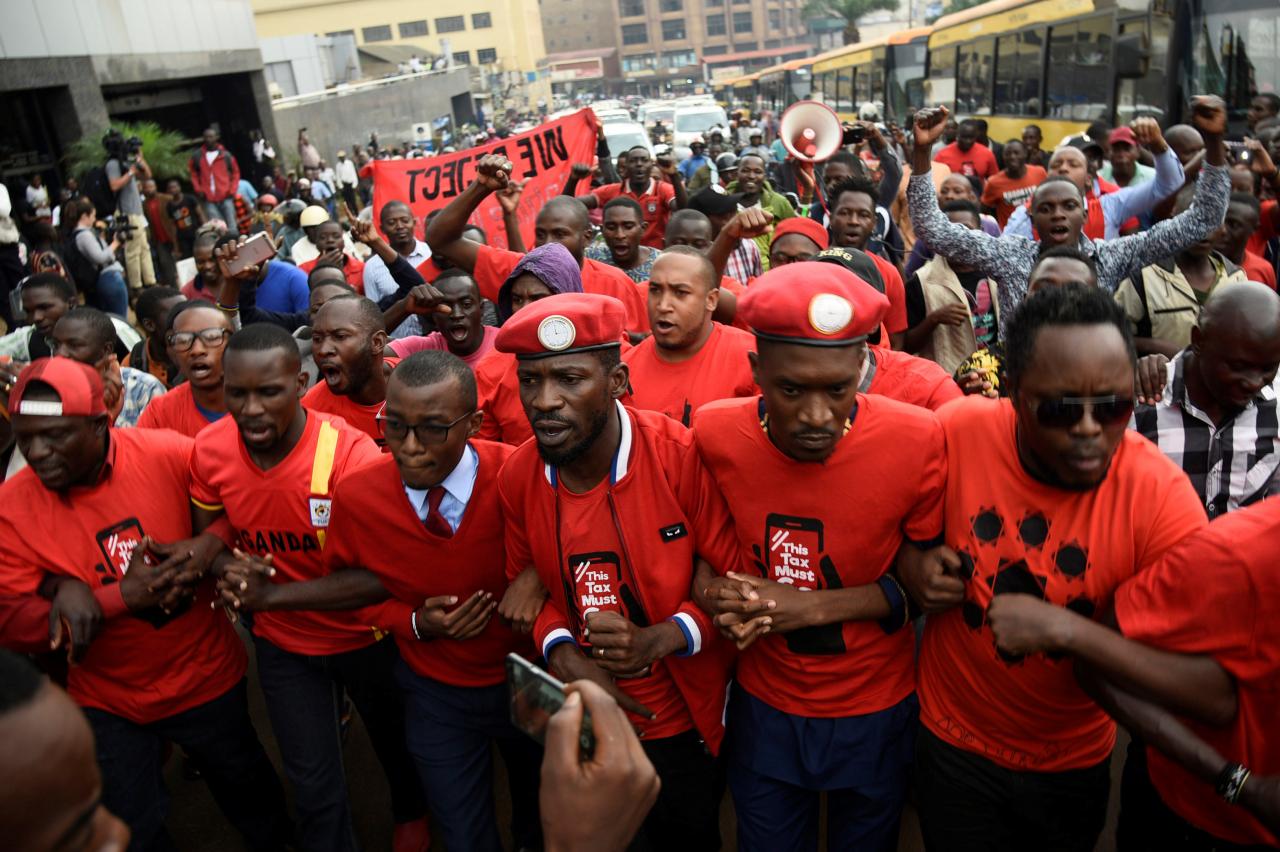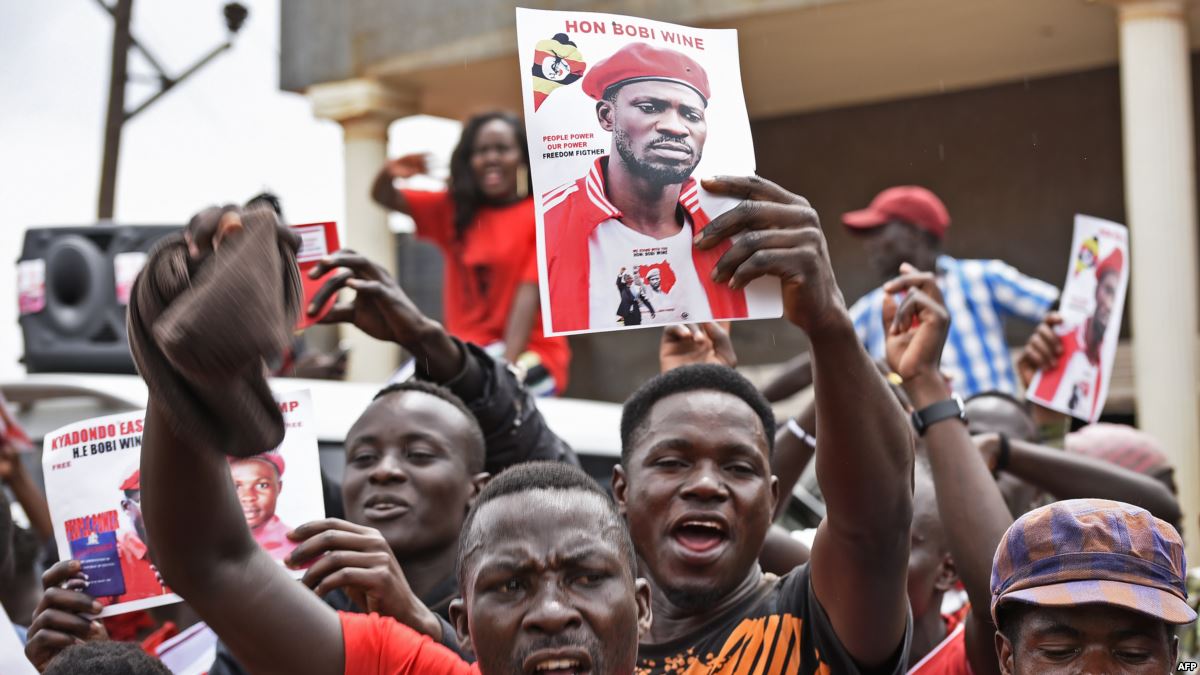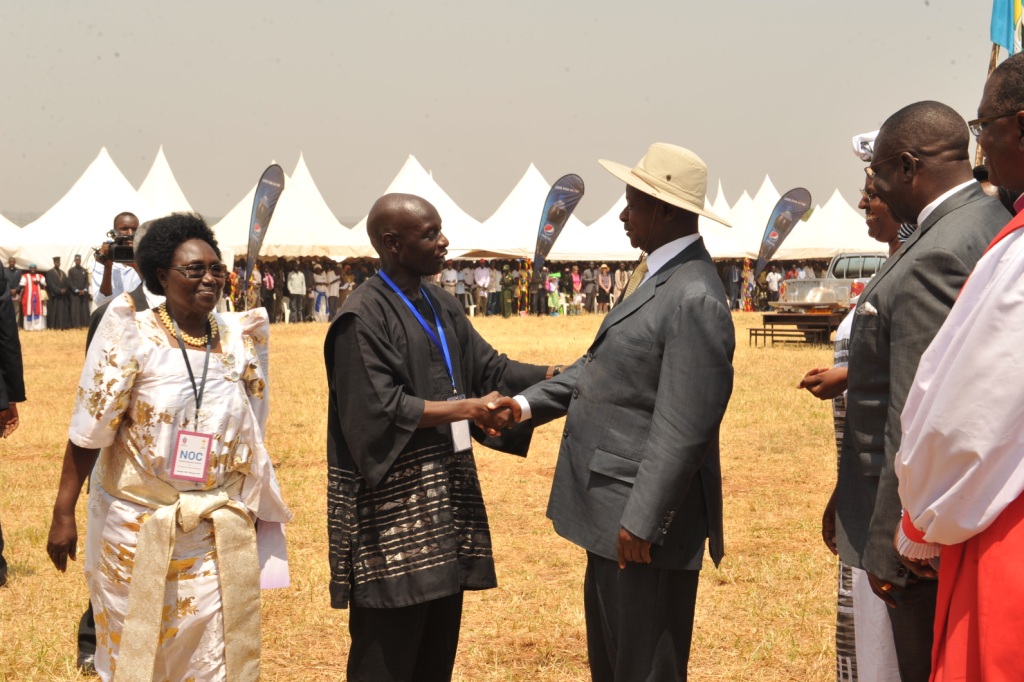Uganda has been in the international news again . This time for allegedly employing the use of China’s Huawei to hack into the communications of a political opponent of the regime in Kampala. Or so the story goes.
There is little new to this story save for the growing confrontation between the West and China in which, in true Cold War fashion, events home are essentially collateral damage. The damage here is really what this narrative of the intrusive, corrosive Red influence from Beijing obscures.
Firstly, Uganda being a country that does not produce its own technology or parts imports all tech solutions whether for industry or defense, for peaceful or offensive purposes. Technology for mass surveillance, like other weapons, are developed elsewhere for precisely that purpose.
The question of where it obtains its tools is neither here nor there.
The legality and legitimacy of its use of intrusive technology is however a worthy subject which the Huawei story – that gazes unsurprisingly at the pushback by the West on China, does not. Surveillance both through technology and through legions of agents has been normalized in Uganda. It is true government capabilities are growing with the improvement of technology, but one would be more concerned not with the ring cast around Robert Kyagulanyi (Bobi Wine) but with the potential of abuse of the huge archive of biometric data, data on financial transactions, communications etc that is in government hands. This especially in the absence of good privacy laws and a culture of accountability.
In fact, as far as Bobi Wine ( that he is the subject of surveillance is not a surprise) is concerned , it (surveillance) is less so a concern today since his objectives and political activity are public knowledge. Ever since he declared his intention to run for the presidency – the game was up. Like Kizza Besigye in 2001- declarations like this, which come on the back of harassment ( and even attempts on the life of Opposition politicians) are designed as a form of protection. And just as well for the candidate because it makes it clear to their supporters why they are the subject of harsh policing, torture and other forms of containment that can be expected in the conditions in which Ugandan politics finds itself.
As far as People Power is concerned – the threat posed to the government reduced with the declaration by Bobi Wine of his intentions. Prior to it, his Movement was a loose one, a coalition against repression and economic hardship to which anyone could belong by simply wearing a red hat. It was a powerful symbolism that was spontaneous and unpredictable. It had what other formal opposition parties did not – namely a social purpose that could be propagandized in the myriad ways ordinary people felt the establishment had failed them. The formal opposition parties have long lacked this energy being solely focused not on broad social agendas but on an electoral goal of unseating YK Museveni.
Now Bobi Wine proposes to join them, run an organization and subsume his social agenda within his political ambition. This disperses the threat posed by unpredictable social unrest under People Power and makes Bobi Wine just another garden variety politician around which the usual net of constraints, well-practiced with Dr. Kizza Besigye and others such as Lord Mayor Elias Lukwago, will be deployed. In fact one would say that the purposes of surveillance itself – where Bobi Wine was initially feared as the extinction level event – a tsunami cooked by imperialists in the West will be replaced with a more narrow one for his protection as a candidate.
For the NRM – as a fairly new threat, defeating Bobi Wine at the ballot using the usual tools will legitimate the party which as we will see is hurt by the absence of a real opposition and compromised somewhat by the push for complete authority within it by YK Museveni as a sole candidate. In conclusion spontaneous social movements that could lead to flash protests and instability now have one less source as Bobi Wine the presidential candidate and People Power the political party take its place amongst Uganda’s weak opposition.

Bobi Wine’s other attractive qualities, his origin in Buganda and amongst the urban poor and not being a previously a political or military leader too will now be repackaged for conventional campaigning in 2021. This is a far better outcome for the government than the forces interested in root and branch change.
Finally, on the transnational forces involved in the surveillance episode. Big power conflicts in the world have always been a local and domestic affair for African governments. That is because foreign policy has debated is seen as something powerful countries do to less powerful ones. In our case foreign policy is what the West has done in Africa and today involves what the West is doing in Africa with a competitor from the East. Whatever choices domestic power entrepreneurs choose adopts a defensive posture. They have to escape being trampled by forces that are technologically superior. Relations between themselves, their opponents and foreign powers is simultaneously a matter of not just domestic political competition but also legitimate national security.
The way African governments are set up with weak ideological foundations and such ( outside resisting external forces mentioned above) leaves no place where questions of national security are well articulated above local political competition. Rather sitting governments and their opponents are quick to see transnational shifts as opportunities to exploit in their favor.
This is where the Huawei scandal sits in fact.
It is a massive distraction from local issues and refracts instead the global context of the new war between the West and China.










